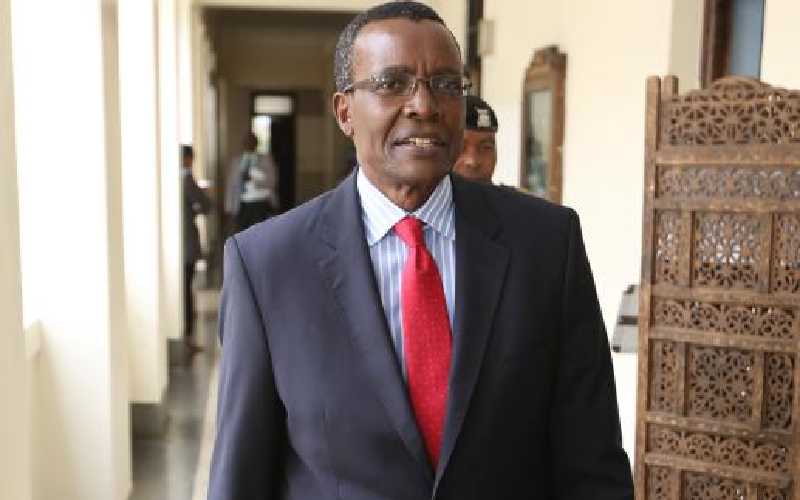×
The Standard e-Paper
Smart Minds Choose Us

Chief Justice David Maraga in Nairobi on 31/8/2016. [Edward Kiplimo]
On August 31, 2016, David Maraga appeared before the Judicial Service Commission (JSC) to be interviewed for the position of Chief Justice.